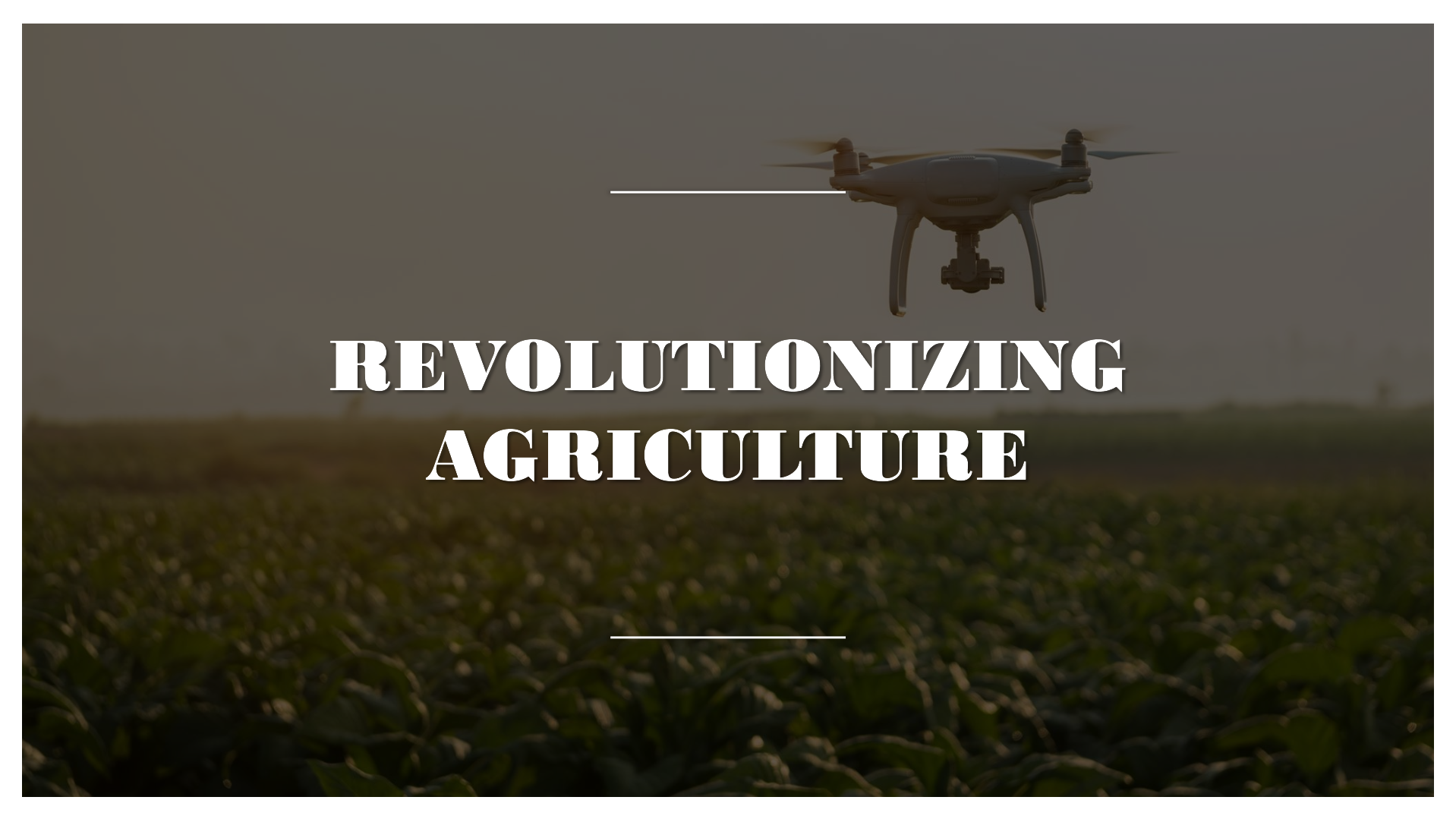Innovations Transforming African Agriculture: The Promise of Technology
In the heart of Africa, where agriculture is not just a livelihood but a way of life, the winds of change are blowing strong. The promise of technology in revolutionizing farming practices is more than just a distant dream—it is an achievable reality that can elevate the continent's agricultural landscape. By embracing modern agricultural innovations, African farmers can unlock new levels of efficiency, productivity, and sustainability, ensuring a prosperous future for generations to come.
Precision Agriculture: Cultivating Efficiency
Imagine a world where every seed planted, every drop of water used, and every ray of sunlight is optimized for the best possible yield. Precision agriculture makes this possible. Utilizing GPS technology, sensors, and drones, farmers can now monitor and manage their fields with unparalleled accuracy. This means:
Targeted Interventions: Precise application of water, fertilizers, and pesticides only where needed, reducing waste and costs.
Enhanced Yield Predictions: Advanced analytics can forecast crop yields and optimize harvest timing, allowing farmers to plan better and maximize their profits.

By adopting precision agriculture, African farmers can transform their fields into models of efficiency, ensuring every resource is used to its fullest potential .
Drones and Satellite Imagery: Eyes in the Sky
The vastness of African farmlands can make monitoring a daunting task. Enter drones and satellites—technology that brings the sky's perspective to ground-level challenges. These tools offer:
Comprehensive Crop Monitoring: Regular aerial surveys help detect early signs of disease, pest infestations, and nutrient deficiencies, enabling swift and targeted responses.
Detailed Field Mapping: High-resolution maps of fields aid in planning planting, irrigation, and harvesting operations more efficiently.
With these technologies, even the most remote and expansive farms can be managed with precision and care .
IoT and Smart Sensors: Intelligent Farming
The Internet of Things (IoT) is weaving a web of intelligence across African farms. Smart sensors, embedded in fields and equipment, continuously gather and transmit data, providing invaluable insights. Key applications include:
Soil Moisture Sensors: These devices monitor soil moisture levels, ensuring optimal irrigation schedules that conserve water and prevent over-irrigation.
Climate Sensors: Tracking temperature, humidity, and other environmental factors helps create ideal growing conditions for crops.
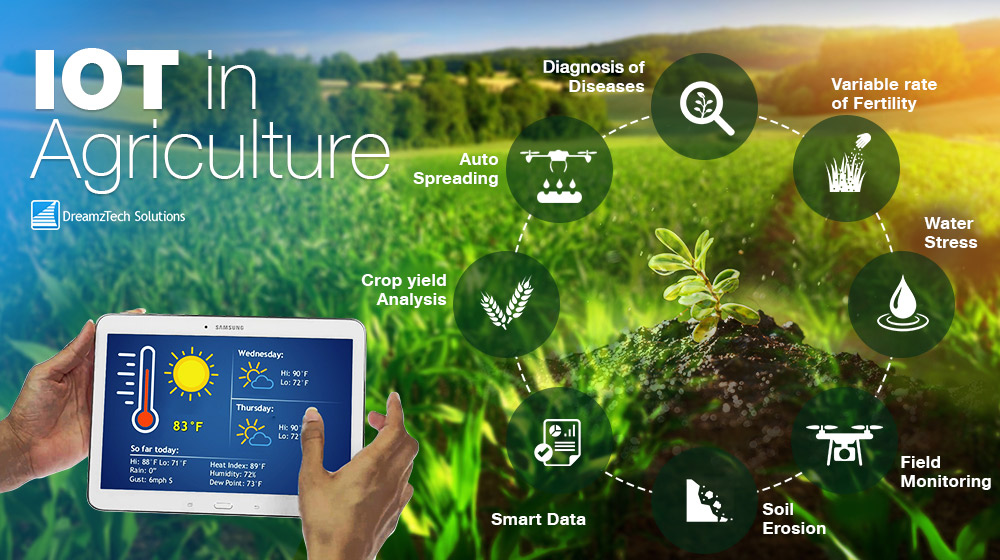
By harnessing the power of IoT, African farmers can make informed decisions that enhance productivity and sustainability .
Autonomous Machinery: The Future of Farming
The rise of robotic systems and autonomous machinery heralds a new era in agriculture. These advanced tools are becoming integral to modern farming practices:
Autonomous Tractors: Capable of planting, harvesting, and performing other tasks without human intervention, these machines increase efficiency and reduce labor costs.
Robotic Harvesters: These precision instruments can pick fruits and vegetables with minimal damage and maximum productivity.
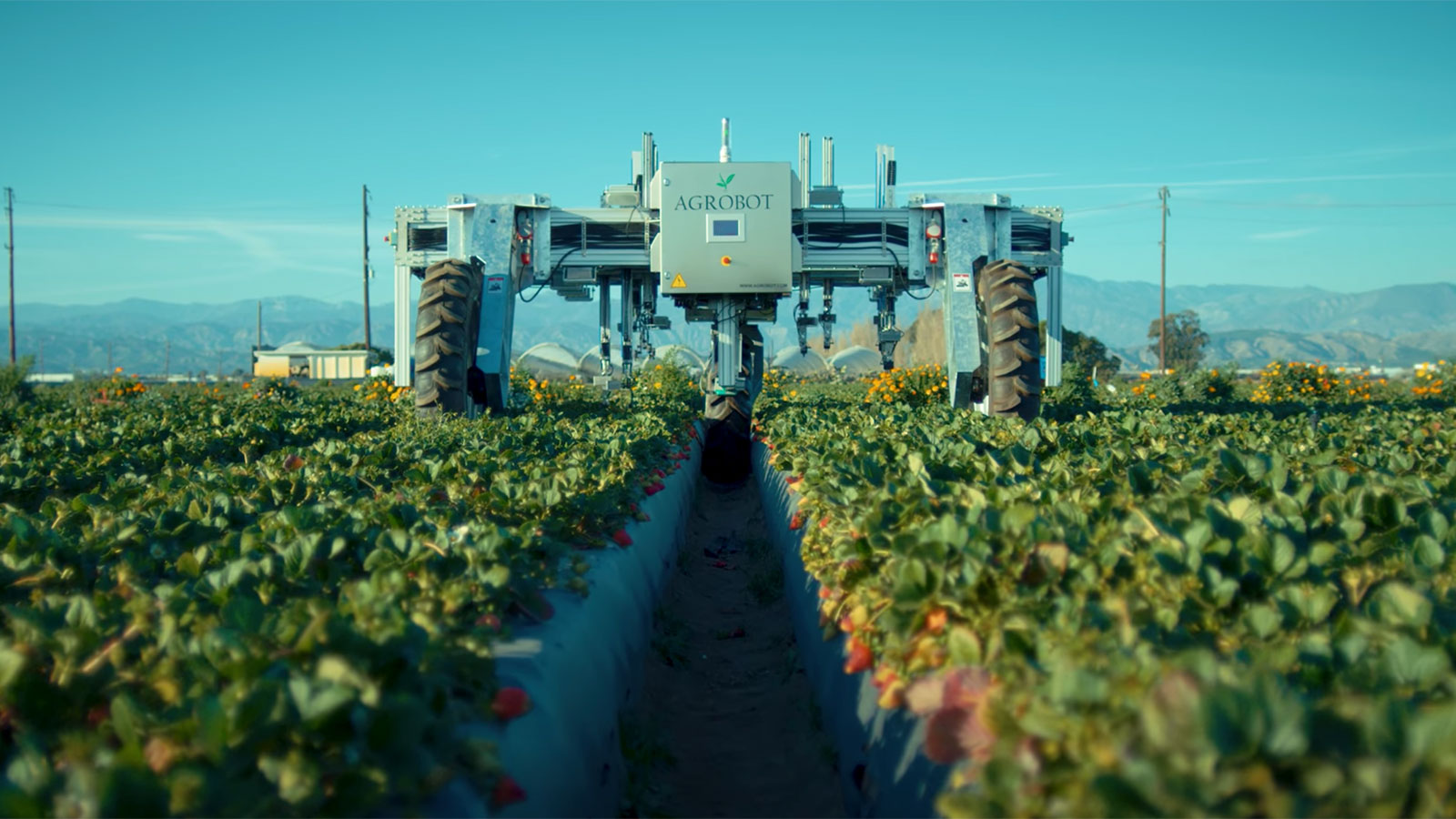
Embracing autonomous machinery can help African farmers overcome labor shortages and boost their operational efficiency .
Biotechnology: Crops of the Future
Biotechnology is unlocking the potential of crops by developing varieties with enhanced traits:
Disease Resistance: Genetically engineered crops that resist specific diseases reduce the need for chemical treatments.
Drought Tolerance: Varieties that can withstand drought conditions ensure stable yields even in challenging climates.
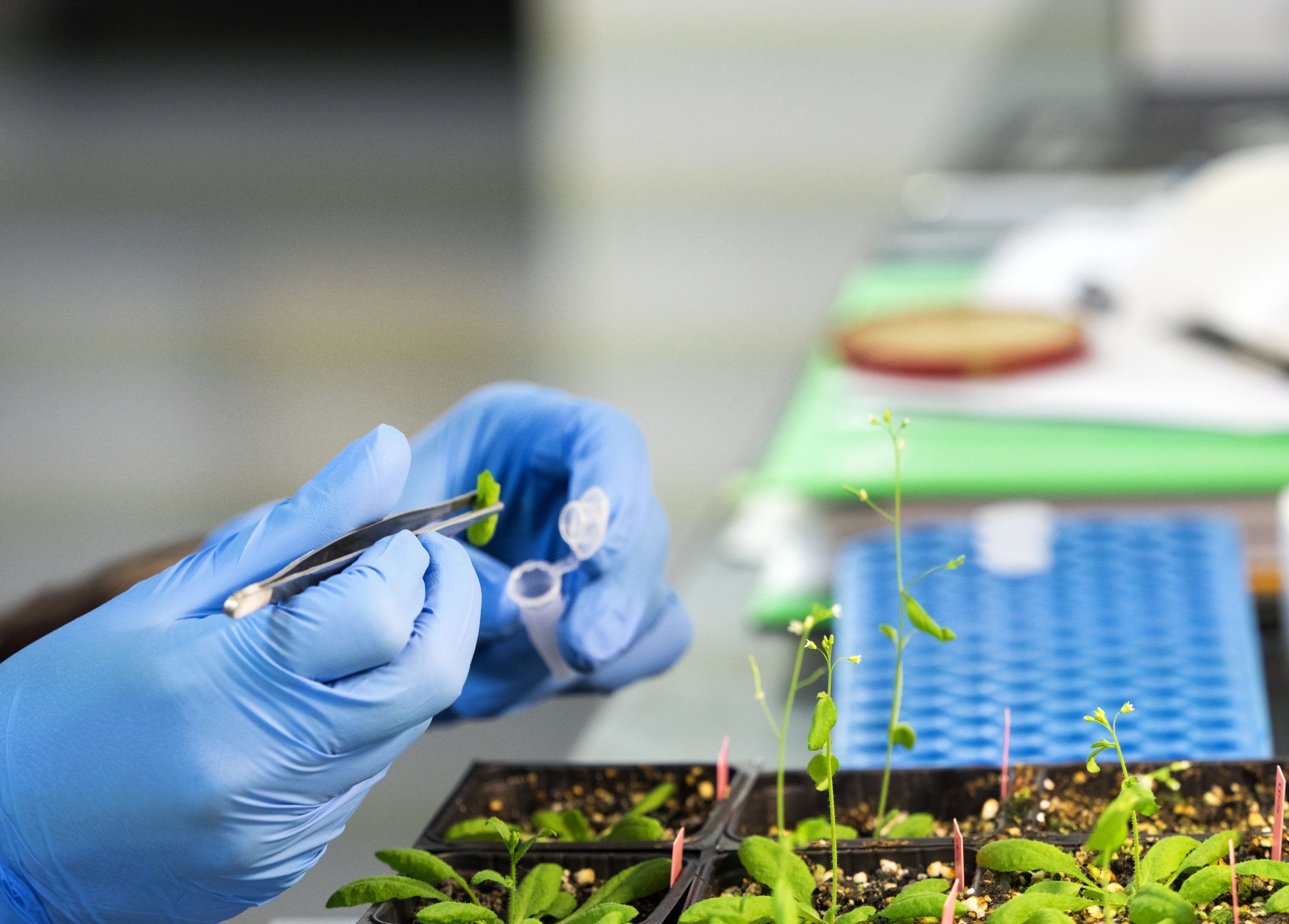
Through biotechnology, African farmers can cultivate crops that are resilient and robust, securing food production in the face of environmental challenges .
AI and Machine Learning: Data-Driven Decisions
Artificial Intelligence (AI) and machine learning are revolutionizing how farmers analyze data and make decisions:
Predictive Analytics: AI models can forecast pest outbreaks, weather events, and market trends, helping farmers plan more effectively.
Automated Decision-Making: AI-powered systems can automate irrigation, fertilization, and pest control based on real-time data, optimizing resource use.
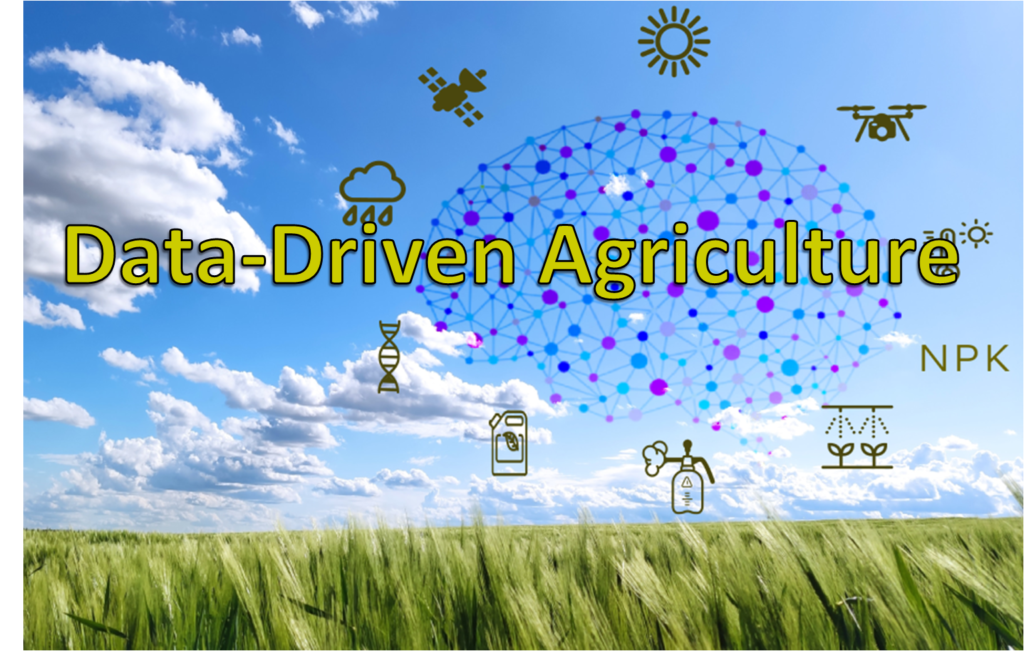
With AI, African farmers can harness the power of data to drive smarter, more efficient farming practices .
Vertical Farming and Hydroponics: Growing Upwards
Innovative farming methods like vertical farming and hydroponics are transforming food production:
Vertical Farming: Growing crops in stacked layers within controlled environments, often in urban areas, reduces land use and transportation costs.
Hydroponics: Cultivating plants without soil, using nutrient-rich water solutions, allows for higher crop densities and faster growth cycles.
These methods offer African farmers new ways to increase food production in limited spaces, making urban farming a viable and profitable option .
A Future Within Reach
The integration of technology in African agriculture is not just a possibility—it is an imperative. By adopting these innovative tools and techniques, African farmers can:
1. Increase Productivity: Enhanced farming practices lead to higher crop yields and livestock productivity.
2. Ensure Sustainability: Efficient resource use reduces environmental impact, promoting long-term agricultural sustainability.
3. Boost Economic Stability: Improved productivity and cost efficiency can significantly enhance the economic well-being of smallholder farmers, who form the backbone of Africa's agricultural sector.
4. Secure Food Supply: With a growing global population, technological advancements ensure a stable and sufficient food supply for all.
The journey towards a technologically empowered agricultural sector in Africa is a path paved with opportunities. By embracing these innovations, African farmers can transform their livelihoods, uplift their communities, and secure a brighter, more prosperous future for the continent.
References:
1. "Precision Agriculture: Key Technologies and Benefits." Agriculture and Food Research Initiative.https://www.agricultureandfoodresearchinitiative.com/precision-agriculture.
2. "Impact of Precision Farming on African Agriculture." African Farming Magazine. https://www.africanfarmingmagazine.com/impact-of-precision-farming.
3. "How Drones Are Revolutionizing African Agriculture." Drone Tech Africa. https://www.dronetechafrica.com/agriculture.
4. "Satellite Imagery in Agriculture: Applications and Benefits." GeoAgro Solutions. https://www.geoagrosolutions.com/satellite-imagery.
5. "IoT in Agriculture: Smart Farming." IoT For All. https://www.iotforall.com/smart-farming.
6. "Smart Sensors for Sustainable Agriculture." GreenTech Africa. https://www.greentechafrica.com/smart-sensors.
7. "Autonomous Farming Machinery: The Future of Agriculture." AgriTech News. https://www.agritechnews.com/autonomous-machinery.
8. "Robotic Harvesters: Efficiency and Precision." Farm Robotics Journal. https://www.farmroboticsjournal.com/robotic-harvesters.
9. "Genetic Engineering in African Agriculture." BioAfrica. https://www.bioafrica.com/genetic-engineering.
10. "Drought-Resistant Crops: A Game Changer for Africa." AgriBio Science. https://www.agribioscience.com/drought-resistant-crops.
11. "AI in Agriculture: Enhancing Productivity." AI Innovations. https://www.aiinnovations.com/agriculture.
12. "Machine Learning in African Farming." Tech in Africa. https://www.techinafrica.com/machine-learning-farming.
13. "Vertical Farming: Urban Agriculture's Future." Urban Agri Africa. https://www.urbanagriafrica.com/vertical-farming.
14. "Hydroponics: Efficient Food Production Systems." Hydro Africa. https://www.hydroafrica.com/hydroponics.
15. "Tech Trends": https://applinet.com.ng/s/blogs/blog/revolutionizing-the-food-industry-the-synergy-of-foodtech-and-food-safety
ACTIVITY:
Could you please develop a comprehensive business plan focused on integrating advanced technologies in African agriculture? The plan should aim to boost efficiency, sustainability, and productivity in farming practices across the continent.
Click HERE to Respond.
